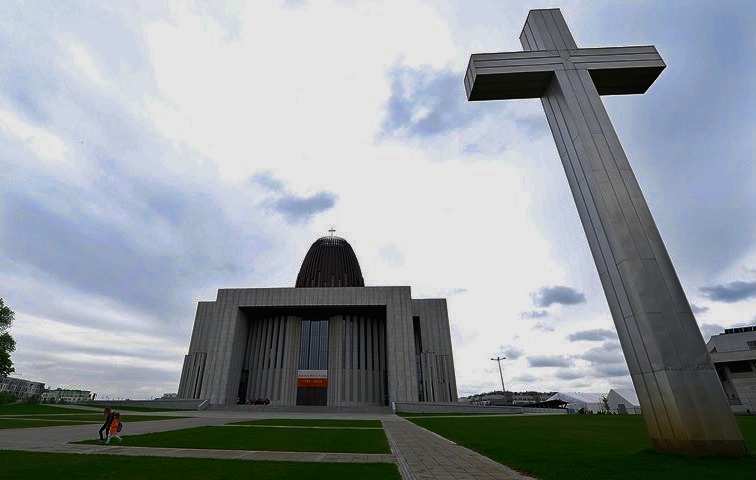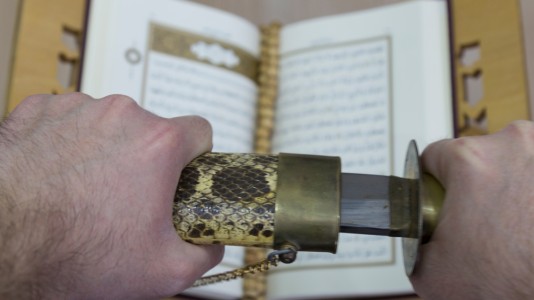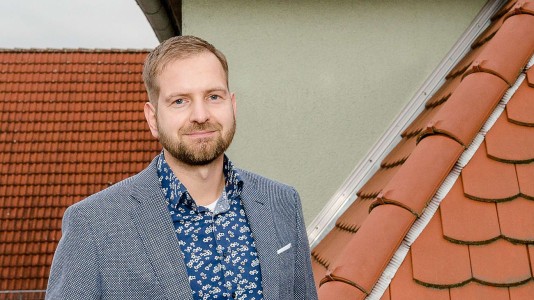The Catholic Church is opposing the government’s proposed cut in the number of hours for religious classes, while also rejecting plans to drop grading for religion courses.
The classes, which are optional but attended by most students, are hosted and funded by public schools but with teachers and curriculums chosen by the Catholic Church.
The new education minister, Barbara Nowacka, is claiming that two hours a week of religious classes “is excessive” given that it is more than students have for some other subjects. In December of last year, she announced plans to reduce that number to one hour a week.
The Episcopate’s education committee has expressed deep concern at the proposals, stating that it sees access to religion courses in schools as a human right.
“The right to access to religious classes on the premises of a public school derives from fundamental human rights, in particular the right to religious freedom, the right to education, and parents’ right to bring up their children in accordance with their religious convictions,” reads the statement.
The Episcopate further stated that changes concerning the organization of teaching of Catholic catechism at school should take place in consultation with churches and religious associations, and that the approval of the bishop is needed to reduce the number of religious lessons.
The Church also expressed concern that in the event of a reduction in the number of hours of religious instruction in schools, “thousands of religious teachers” would lose their jobs, which would have a “very negative impact on their personal lives and the fate of their families.”
The Church also criticized the proposal to end the practice of including religion and ethics grades in the average final grade, as “unfair.”
“The student should be rewarded for his or her work, and this reward and appreciation of the student’s effort is expressed in the grade, which also has a motivational function,” the Church wrote.
The Episcopate stressed that religion classes instill in students moral values, play “a huge educational role and strongly support the educational role of the school.”
“A religion lesson at school also has great cultural value. It helps to understand our culture, which has Christian roots. It gives cognitive tools for understanding literature and art,” the Church added.
Across Poland as a whole, over 80 percent of pupils in schools and preschools attended the optional classes in the 2021/2022 school year. However, attendance has been declining in recent years, in particular in large towns and cities, with only 29 percent of high school students in Warsaw opting in for such lessons.






